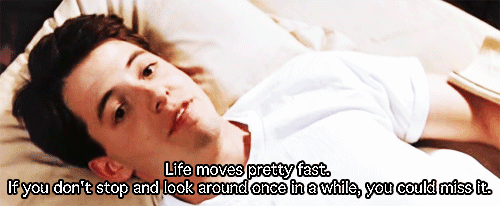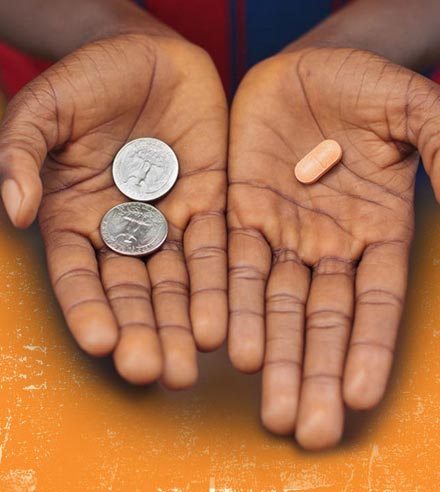In order to spread the word about my video concerning technological addiction in our generation I used facebook, twitter, and vine. All three of which I mainly use to observe (I guess I like to keep my thoughts to myself).
Let's see how things turned out...
Vine:
Vine is one of my favorite social media sites. Its simplicity, I believe, is what draws me in. Some 6 second videos make me laugh more than comedies do. In order to make vines about my video, I thought that trying to add some humor would help viewers want to pay more attention.

For this vine (see left) I wanted to show something we see everyday. Walking around campus or hanging out with your friends, people are on their phones EVERYWHERE, including myself. I decided to show some of my friends in the locker room 'hanging out'. I chose to put popular hashtags along with my #putitaway hashtag that I used for my video in an attempt to gain more views from more efficient circulation.

In an attempt to keep humor an aspect of my vine videos, I kept up the theme of adding memes or GIFs (see right). With so many viral videos alive today, most of the memes or GIFs in circulation are recognizable by your average social media user. In studying my own habits of vine use, I noticed if I recognized part of a vine I felt more connected to the video and would watch it for multiple loops. After showing this one in class I got good feedback, so I guess I did okay!
Facebook:
 As I said before, I RARELY ever post on facebook. Maybe a few pictures here and there, but this would be the first status update/post in a couple years. I actually got a few messages wondering if I'd been hacked or if I was okay. Am I okay? I didn't know making a facebook post would render the thought of me being in danger, but hey it's good to know people care about you.
As I said before, I RARELY ever post on facebook. Maybe a few pictures here and there, but this would be the first status update/post in a couple years. I actually got a few messages wondering if I'd been hacked or if I was okay. Am I okay? I didn't know making a facebook post would render the thought of me being in danger, but hey it's good to know people care about you.  After that incident, I began putting a note at the top of my posts indicating it was for this class, so hopefully that cleared up any confusion. For this post (left) I wanted to use a famous quote to try and draw in any curious browsers of the news feed. In an effort to create dialogue/controversy with my viewers I added some questions at the end. I did receive a decent amount of likes, but when I saw it was some of my closer friends I became suspicious of 'pity likes'.
After that incident, I began putting a note at the top of my posts indicating it was for this class, so hopefully that cleared up any confusion. For this post (left) I wanted to use a famous quote to try and draw in any curious browsers of the news feed. In an effort to create dialogue/controversy with my viewers I added some questions at the end. I did receive a decent amount of likes, but when I saw it was some of my closer friends I became suspicious of 'pity likes'. I knew going in that facebook wouldn't be the best brand of social media to try and spread my video, for many of my friends are on there for the same reason as me, to simply 'observe'. I wasn't able to gain too much attention as far as likes or comments go, but it's also
hard to tell how many people actually saw the post.
 Twitter:
Twitter:Going in, I thought twitter would be the best way to increase the popularity surrounding my video. A huge factor that hurt my ability to do so was that I created my twitter account at the start of this class. As of now I have 15 followers...not exactly the amount of exposure I would hope for my video to get.
 For one of my posts (see left) I found an interesting article about our body and these "phantom vibrations" that happen to people. Our body creates, what feels to be, a vibration that our cell phone would make. The only difference being that when that person checks their phone it won't show any updates or messages. I thought the article would spark some interest in the subject of technology addiction.
For one of my posts (see left) I found an interesting article about our body and these "phantom vibrations" that happen to people. Our body creates, what feels to be, a vibration that our cell phone would make. The only difference being that when that person checks their phone it won't show any updates or messages. I thought the article would spark some interest in the subject of technology addiction. Another post (see right) inspired one of the vines I made. I think memes are great because they poke fun at things that happen on a daily basis to many of us. With only a picture and brief explanation we're able to get a point across.

Infographic:
Using the infographic, I wanted to specify one of the points of my video in how we're not letting our minds wander as we used to (without smartphones). Einstein was a firm believer in the power and creativity that our minds have when we're able to think (a large reason I've mentioned him multiple times). Had I been more skillful in creating infographics I think I could have maybe done a better job than the one I chose, but it still addresses the issue I want to portray.
In Conclusion:
I'll admit, I wasn't very excited when I saw this assignment. I've never been a huge fan of promoting myself or my ideas of social media and normally watch from the sidelines, but this assignment took me out of my comfort zone. A lot videos become viral by chance, but what separates them from the others? This assignment made me realize that there truly is a 'social media science' and companies are in dire need of people with expertise in this field. No matter what you think, social media is going to continue to grow as a part of our society. It's somewhat scary for me to think about, but it's also too intriguing not to study the patterns of social media worldwide. We're more connected than ever before, and it seems that we're only scratching the surface.










 Anderson Proctor
Anderson Proctor








